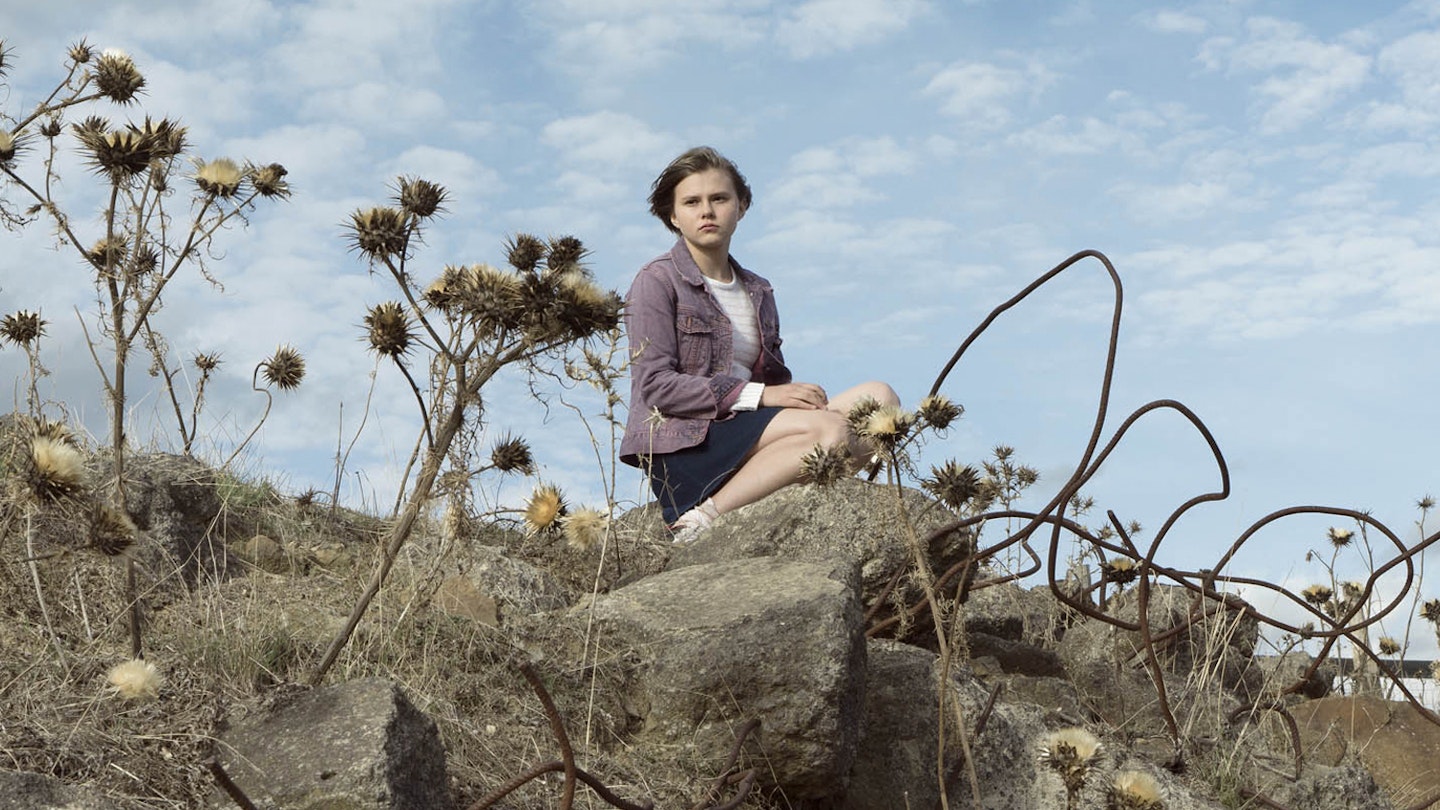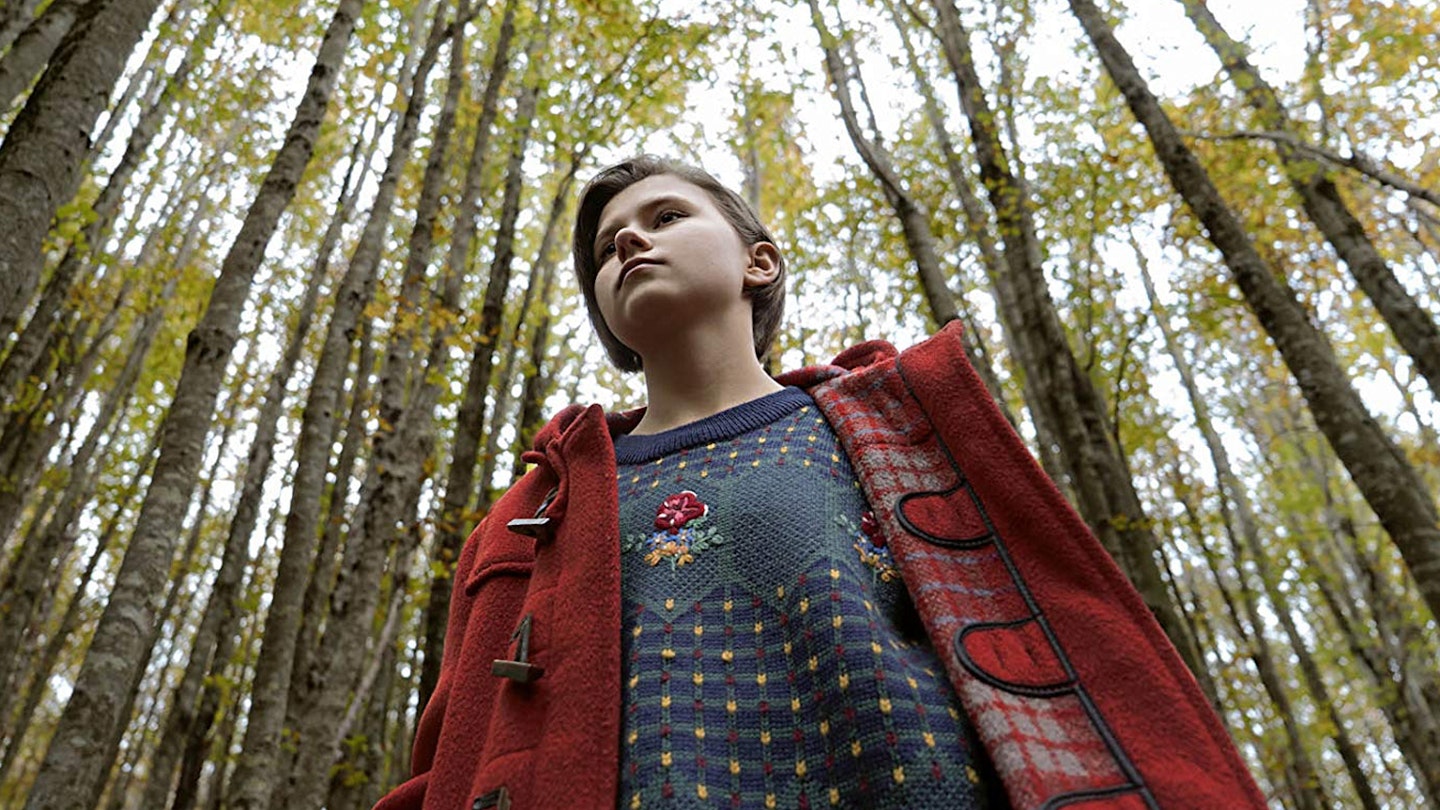Sicilian Ghost Story is an Italian film, and very much about an Italian way of life — the filmmakers titled it in English to give the horrors within some distance. A veil of fantasy protecting its protagonists from their awful realities. It’s an appropriate signpost for a unique film that wrings myriad emotions from you at once, leaving you elated, and slightly staggered.

To an extent, it is based on the true story of Giuseppe Di Matteo, a 13-year-old Sicilian boy who was kidnapped by the Mafioso after his father, a Mafia lieutenant, ratted to the police — the kid’s capture, his assailants hoped, would encourage Dad to shut his mouth. Sicilian Ghost Story uses that as its anchor, but then deviates, inspired by Marco Mancassola’s fictionalised short story Un Cavaliere Bianco, which means “The White Knight” — and a drama rooted in horror veers into fairy tale. The filmmakers invent a fictional classmate for Giuseppe (Fernandez), 13-year-old Luna (Jedlikowska), who has a major crush on the sensitive, protective boy, determined to find him after he goes missing, in spite of all those who warn her off. From there, it gets meditative.
The sweetness of first love is juxtaposed with a steady shattering of innocence.
There are faint echoes of Pan’s Labyrinth, but this is less fantastical, and more impressionistic. While Luna deals with her wounded psyche and Giuseppe copes with his capture, what is real, dream or hallucination becomes unclear — and ultimately, the film suggests, that doesn’t really matter. We all project our own version of events or preferred outcomes onto things, seeing the world through filters of desperation, delusion, desire or despair, and in Sicilian Ghost Story, that transcends reality. The sweetness of first love — and love sickness — is juxtaposed with a steady shattering of innocence, raw adolescent emotion clashing with the coldness of unfeeling adults. Both the teen leads emanate ethereal wonder — it’s incredible that neither had acted before. They are both knockouts.
The film takes its time — if you don’t fully surrender to it you might find it a bit of a trudge. A Hollywood remake would surely make some trims. But that would be missing the point. Sicilian Ghost Story is all about colour and texture, about this young girl’s epic sensory experience. It is artfully shot and composed; cinematographer Luca Bigazzi provides a heaven of hues. And among all the beauty, there is the ugly truth of Giuseppe’s situation. This is an extremely responsible portrayal of the Mafia, entirely lacking in glamour, not at all romanticised, devoid of snappy dialogue. It is how you imagine this sort of stuff might truly be — a grimy, mechanical deal, just dank and dirty. The grim reality.
Still, though, Sicilian Ghost Story is uplifting and enlightening. It feels like a graphic novel — shades of Charles Burns’ Black Hole maybe — which deserves to be seen big, because it’s so pretty, and so magical.
